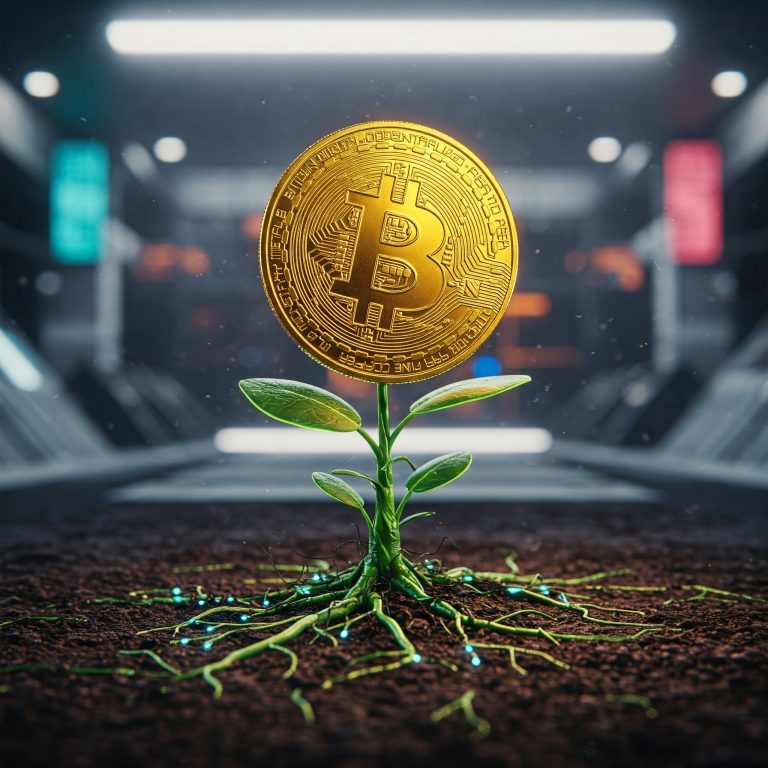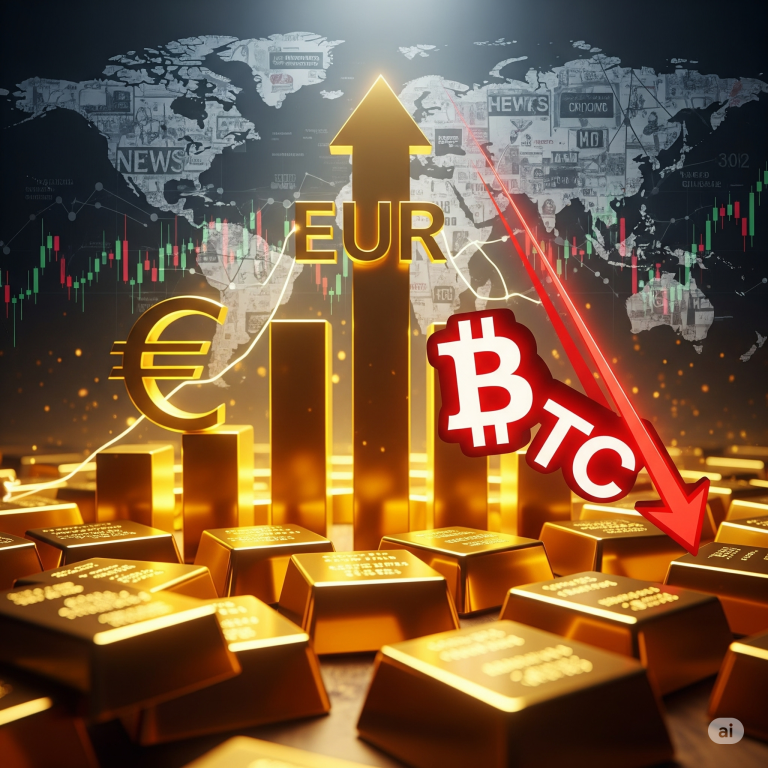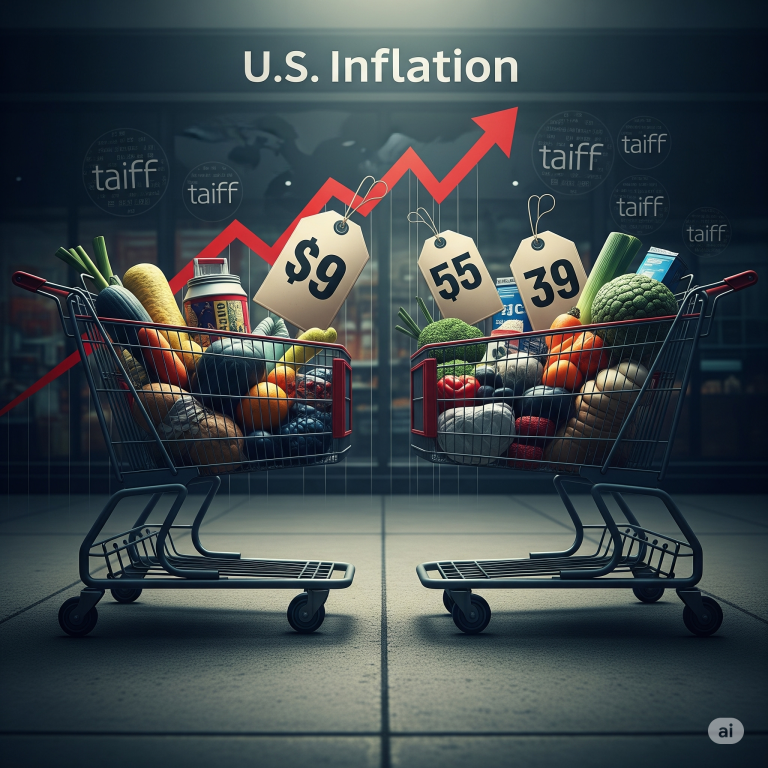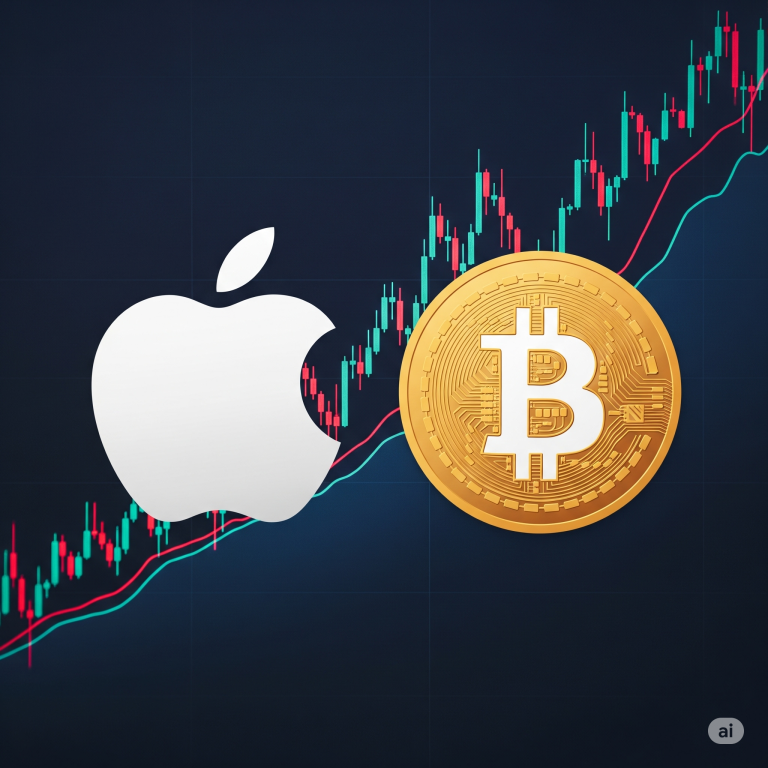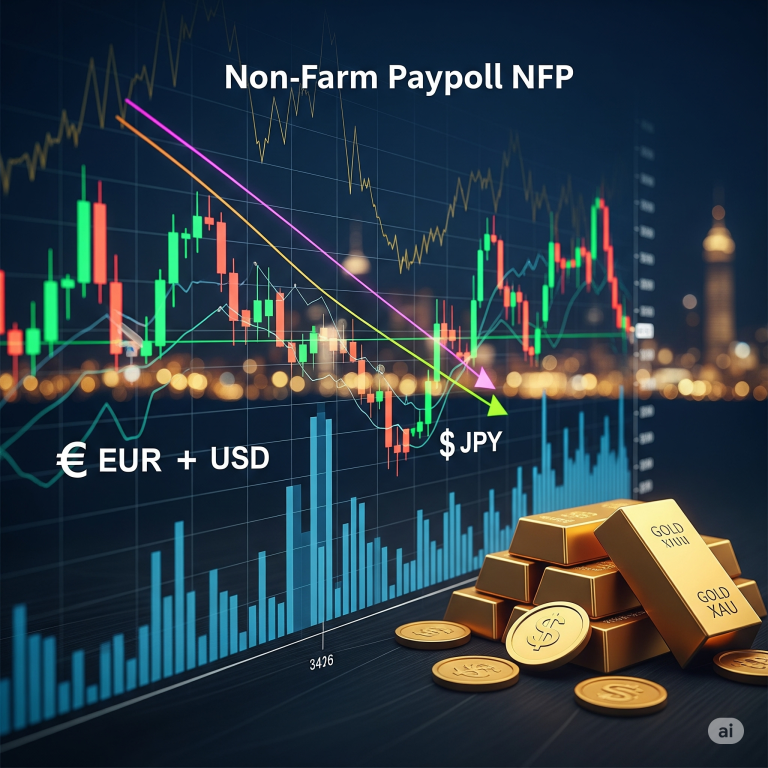The cryptocurrency market is the land of incredible potential and inevitable volatility. Hence, participants cannot rely on only technical analysis and fundamental research here. Success in this dynamic land depends on a more important factor than most people give it credit for: emotional intelligence. This natural ability to acknowledge, understand, and control one’s own emotions while simultaneously recognizing and navigating. Those of the general market proves to be the core of a healthy and sustainable investment strategy.
The Rollercoaster Ride: A Defining Feature of the Crypto Market

The cryptocurrency market is well-known for its dramatic price swings. A characteristic that can evoke a potent cocktail of emotions in even the most seasoned investors. The exhilarating surge of a sudden price rally can also easily ignite the fear of missing out (FOMO). Propelling investors into impulsive purchases at potentially inflated prices. Conversely, an unexpected market downturn may induce panicky selling in the form of impulsive actions. That could leave investors with avoidable losses to their pocketbooks. This ride of emotions-again, the hallmark of crypto. Where the need for emotional intelligence proved so critical as one navigated these choppy waters.
Emotional Intelligence: The Trader’s Secret Arsenal
Self-Awareness: The Foundation of Control:
Identifying and comprehending how to manage one’s emotional reactions to the changes of the market was of prime importance. Do you become overconfident when you are on a hot streak, making reckless risk-taking decisions? Or do you freeze up with paralyzing fear during market downturns, selling assets at a loss? The first crucial step to getting in control of your emotional response is to identify the personal biases like confirmation bias- the tendency to seek information that confirms the existence of previously held beliefs, or loss aversion- the psychological aversion to losses outweighs the desire for equivalent gains.
Self-Regulation: Winning the Inner Game
One of the most important things to foster is the management and control of one’s emotions. Deep breathing, mindfulness meditation, and going out can be some of the quietest tools for cooling frayed nerves when the market becomes difficult and uncertain. A well-defined trading schedule with a specific start and end time of trading with appropriate pauses in between will help avoid emotional exhaustion while maintaining direction and discipline in one’s approach.
Social Awareness: Decoding the Market’s Emotional Undercurrents:
Understanding the prevailing emotional currents within the broader market is important. The best sources for fear, greed, and misinformation are social media sites, news organizations, and the web itself. Knowing these forces are at work and learning how to filter out the noise helps investors make more objective and informed decisions.
Relationship Management: Build a Community of Support
One way of building solid relationships with advisors such as investors who have many years of experience or financial experts would be extremely beneficial. Clear communication, active listening, and being able to argue constructively are essential elements of effective teamwork in dealing with investment decisions.


Developing Emotional Intelligence: A Never-Ending Journey


Mindfulness and Meditation: Inner Calm
Engaging in mindfulness practices, such as meditation and deep breathing exercises, can significantly enhance self-awareness and improve emotional regulation. By focusing on the present moment, investors can detach from emotional impulses and make more rational, data-driven decisions.
The Power of Journaling: Tracking Progress and Identifying Patterns
A journal of one’s trades with fine details, tracking trades done, emotions of that trade, and minute follow-through on why such decisions have been made may bring a pattern where mistakes are done again and biases identified.
Risk management is actually a core ingredient for emotional resiliency:
Implementing strong risk management strategies isn’t just financially prudent but an emotional necessity too. Setting up stop-loss orders, diversification of portfolios, and strict adherence to position size rules can cut down on probable losses and protect one’s capital-a reduction in potential emotional impact as a result of market downturn.
Building a Long-Term Orientation
While keeping long-term crypto prospects in mind, one has to combat the temptation of short-term price fluctuations in order to maintain emotional stability. Investing money into potential projects and keeping a clearly defined investment strategy will help pull through market storms and enjoy the benefits of long-term gains.
The Benefits of Emotional Control: Trading Cryptos with Confidence
Trading Mistakes Decrease: Making Intelligent, Logical Decisions:
By effectively managing emotions, investors can avoid impulsive trades driven by fear, greed, or FOMO, leading to more informed, rational, and ultimately more profitable investment decisions.
Enhanced Risk Management: Protecting Capital and Mitigating Losses
Emotional intelligence empowers investors to assess and manage risk more effectively, minimizing potential losses and safeguarding their hard-earned capital.
Increased Confidence and Resilience: Weathering the Storms:
By building emotional resilience, investors can better handle the inherent volatility of the crypto market with greater confidence, recover more effectively from setbacks, and maintain a positive, growth-oriented mindset.
Long-term success: A foundation for sustainable growth
Long term, in the constantly changing and more often unpredictable arena of cryptocurrencies, emotional intelligence will not be one of the mere advantages but more of a very basic requirement in order to find more sustainable growth as an investor who can navigate some of the very challenging aspects the market has thrown at him so far and perhaps reach his/her investment goals better.
Disclaimer
- Investing in cryptocurrencies carries risk and may lose money.
- This article is for general information purposes only and does not constitute financial advice.
- Always research thoroughly and speak with a1 qualified financial advisor before making2 any investment decisions.
Emotional intelligence is cultivated, and the crypto investor will become a far-from-reactive participant into an active navigator who will allow power from emotions to assist in informed decision making and minimize risks to obtain long-term objectives in their investments.
Subscribe to our newsletter!

